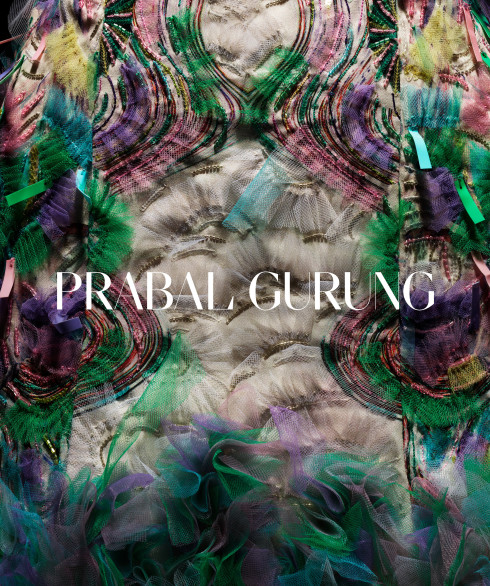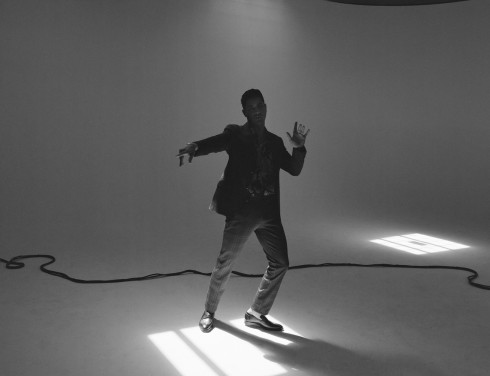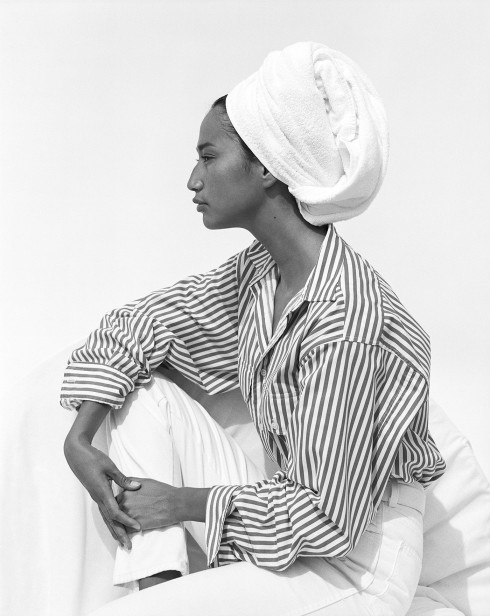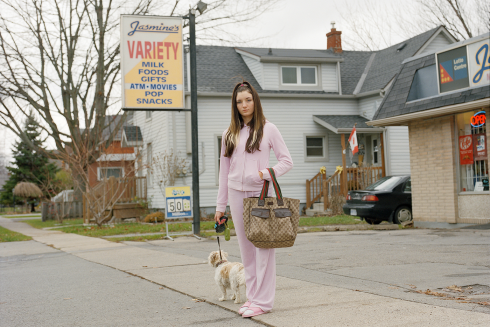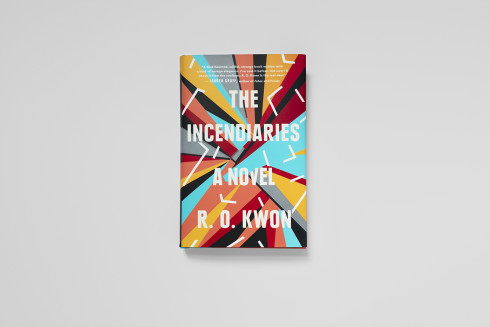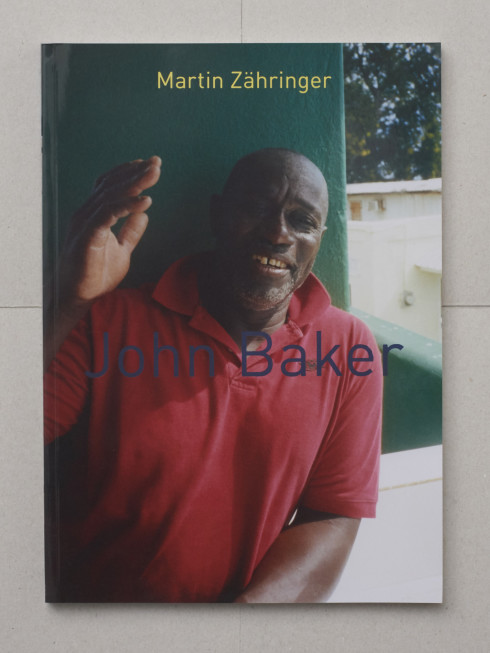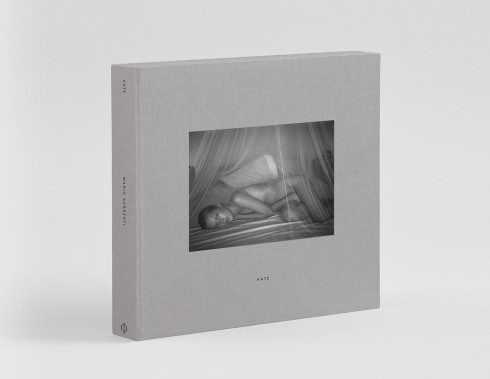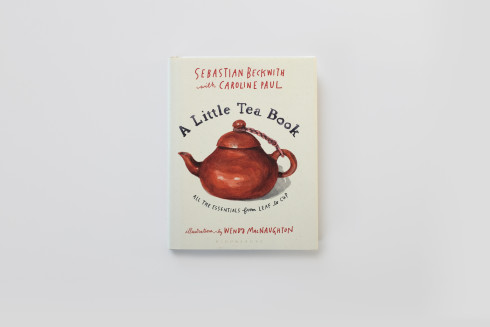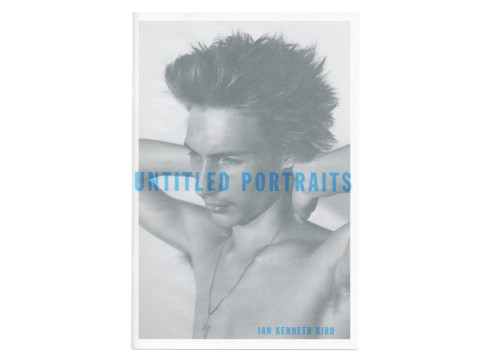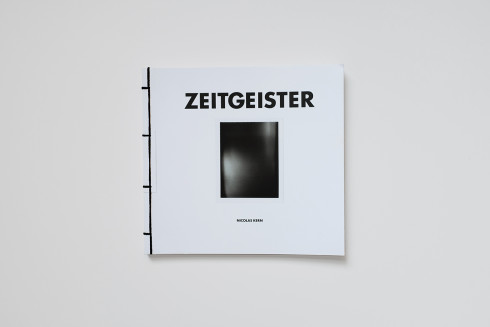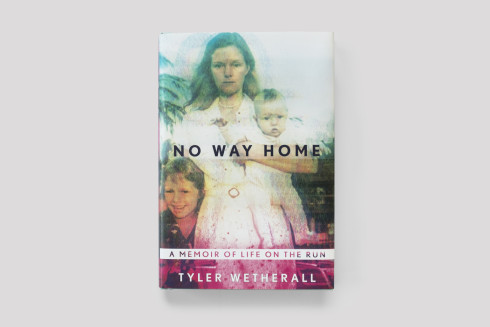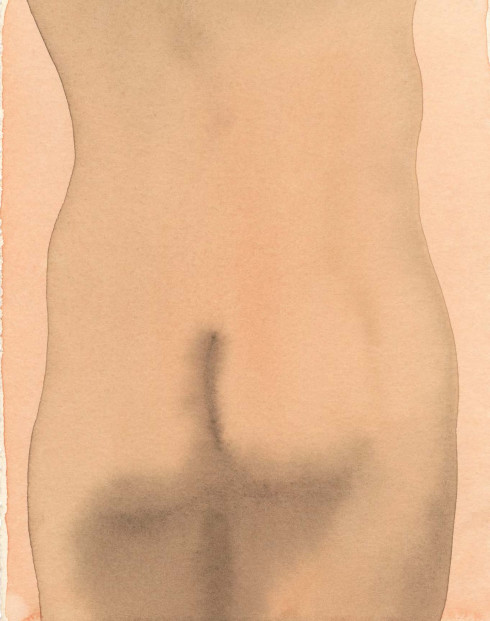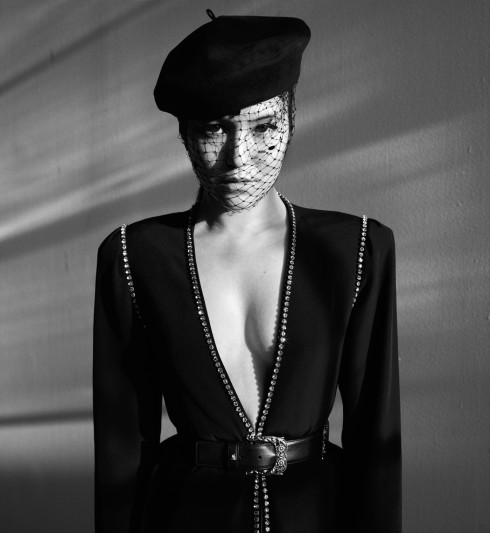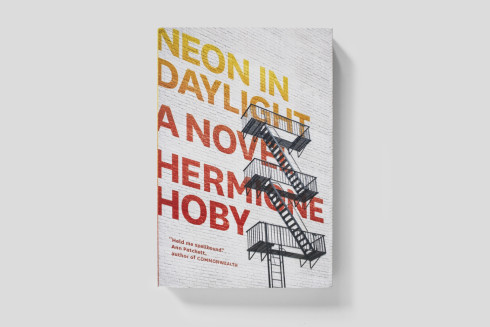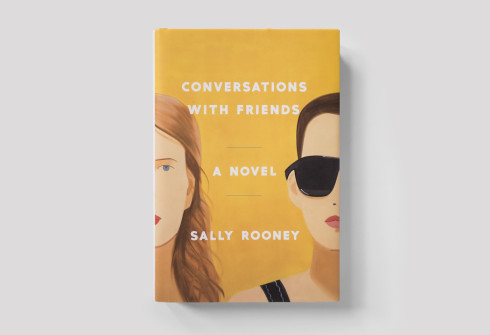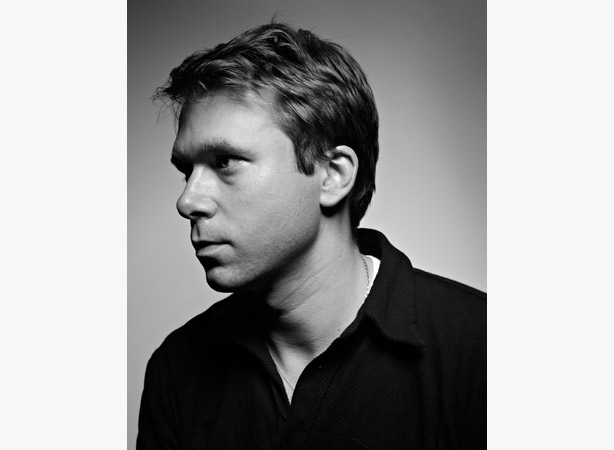
- By
- Jonathan Shia
- Photography by
- Adrian Gaut
CHRISTOPHER BOLLEN'S 'ORIENT'
Like many of us, Christopher Bollen tends to suffer from insomnia. His solution, however, might not work for everyone. “Sometimes I’ll look up murder victims, not to see their pictures, but to read about their lives before they were killed,” the author says about his late-night forays around the Internet. “I’m not interested in seeing grisly pictures, but I’m really fascinated by biographies of people who were murdered.”
That sympathetic preoccupation with lives cut short is on full display in his new book Orient, a murder mystery due out next month and set in the eponymous town on the tip of North Fork of Long Island. A nineteen-year-old former foster child comes to the sleepy environs under the assumed name of Mills Chevern, and finds not the idyllic escape from the city he imagined, but a seething tumult of neighborhood conflicts which quickly escalate into a series of murders, for which he is persistently blamed. “That community is so fucked up for pinning the blame on the easiest target,” Bollen says of his Orient, which he is quick to note is much more sinister than the town that welcomed him while researching over the past several years, “but I think as a society we do this all the time. We instantly isolate the weakest or the weirdest and cut them off and throw every societal problem onto them.”
While this sort of nuanced dissection of human nature might seem out of place in a standard thriller, Bollen’s precise observations on class issues, the culture of fear, and other similarly grand themes are what set Orient apart from the genre and raise it to a more literary level, one that might seem more suited for someone who has named Didion, Rushdie, and Mailer as inspirations. But that’s not to say he thinks the form, which sparked his original interest in literature, is beneath him. “I have always been obsessed with murder mysteries, even when I was little,” he explains. “In fact, I would say the reason I started reading and writing was actually through Agatha Christie, so in a weird way it just felt really natural to go back because I really love murder mysteries.”
Lacking a Hercule Poirot, Mills attempts to find the real killer and clear his own name with the help of Beth, an Orient native turned New York artist who has returned to start a family with her husband Gavril, two central pillars in the incoming wave of rich artists who are remaking the town in one of the novel’s most clearly delineated conflicts. The art world and its machinations play a key role in Orient, described with a vividness and acuity Bollen earned over several years covering its ins and outs at V Magazine and now as the editor-at-large of Interview. “I think one of the reasons I wrote the book is that I have never found in contemporary fiction an honest depiction of the art world as I’ve known it,” he says. “I just feel like since the Eighties, a lot of times if someone writes about the art world it’s always a slight parody.”
Bollen devotes an entire chapter in Orient to Gavril’s rise on the art scene, but he says the form of the murder mystery served to give some direction to his writing and hone his focus even in a novel which, he jokingly points out, comes in at over six hundred pages. “I felt like [my previous novel] Lightning People suffered from male first-novel syndrome, where I tried to put so much into one book, because I think there’s a tendency when you’re writing your first novel to think, ‘This could be my only book and I just want to throw everything into it,’” Bollen explains. “The murder mystery gave me a structure and a motor and there was the feeling that, ‘Ok, I’ve digressed enough, I really need to make something happen. I need to provide a clue or kill someone.’”
The clues are few and far between, and fingers are pointed at several locals before coming to rest firmly on Mills. That the ultimate identity of the murderer comes as a complete surprise is proof of both Bollen’s talents with the twisting pathways of plot and the drawing power of his digressions. “I realized something interesting in the course of writing this, which is that you’re not really trying to solve a mystery,” he explains. “You’re basically trying to confuse the reader into not solving the mystery. You’re not really a detective as a writer, you’re an obscurer, so you have to be clever about how you hide the mystery—which means I think maybe writers would make better murderers than detectives.”
Orient is out May 5 from Harper.
- By
- Jonathan Shia
- Photography by
- Adrian Gaut
